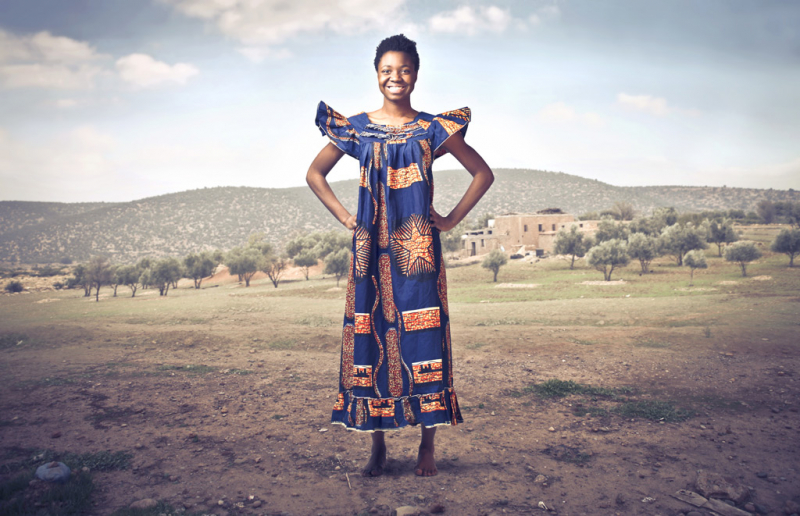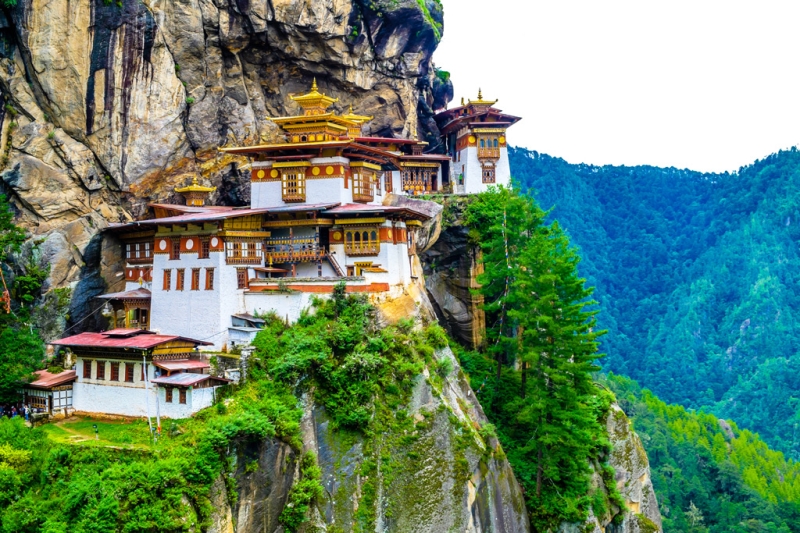
Bhutan, a unique country that seems to live in two parallel worlds. The culture of Bhutan is rooted in antiquity and has hardly changed over centuries of complete isolation, but at the same time, many of the laws adopted in the state are so progressive that they are ahead of the laws of the most developed European countries. Today we invite you to take a virtual trip to Bhutan, after which you will have no doubt that you need to see this country with your own eyes!
Let’s start with the fact that until 1974, a foreigner could only enter Bhutan at the personal invitation of the king or queen. The entry ban was lifted in order to increase income, but the number of tourists was limited by high fees for each day of stay in the country. Bhutan is nestled in the Himalayas between India and China and its borders are guarded by mountains and impenetrable forests. The only international airport is located in the city of Paro at an altitude of over 2000 meters above sea level, only eight pilots in the world are qualified to land there. The fact is that when landing, the plane must perform a complex maneuver and fly through the gorge, so exciting adventures begin on the way to Bhutan.
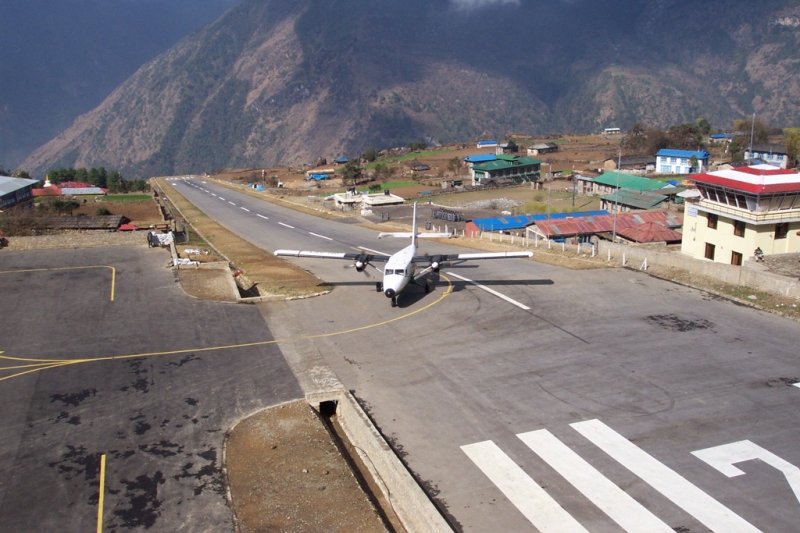
It is still impossible to come to Bhutan as an independent tourist, since by law all visitors to the country must be accompanied by guides. However, this fact should not be a deterrent; on the contrary, it is through the help of guides that one can truly understand the way of life and character of the Bhutanese people.
Butane of the past
The first thing that catches your eye on the streets of Bhutan is the traditional clothing that all the locals wear. By law, Bhutanese are required to wear national costumes for all official events, national holidays, and even to work: men wear Gho robes, and women wear Kira skirts and Tego jackets. However, even in their free time, Bhutanese people prefer to dress the same way, only young people occasionally dress up “in a European style.” The houses and streets have also retained their authenticity: low, two- to three-story buildings are decorated with hand-painted shutters and facades. Even on the central streets there are no advertising boards or billboards, but there is no garbage either; There are trash cans everywhere with the inscription “don’t forget about me.”
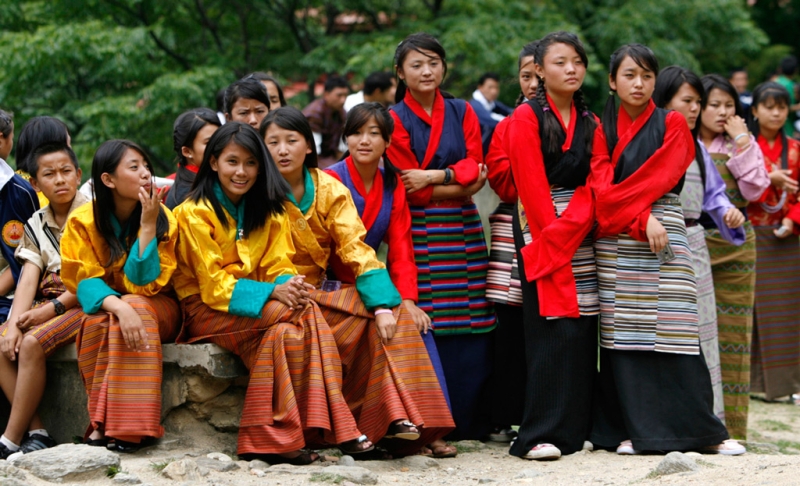
The traditional way of life has been preserved in the customs of the Bhutanese: hospitality and politeness are among the main virtues. According to the rules of etiquette, the owner always offers a treat several times, because it is customary to refuse the first offer. Tourists are urged not to treat children on the streets with anything, and children, in turn, are taught to refuse gifts: you won’t find beggars on the streets of Bhutan, as in neighboring India. Bhutanese have been studying astrology since childhood and not a single important decision can be made without consulting an astrologer. Residents of the country believe that they are under the care of the “Thunder Dragon,” which lives in the mountains and flies to monasteries, attracted by the prayers of the monks.
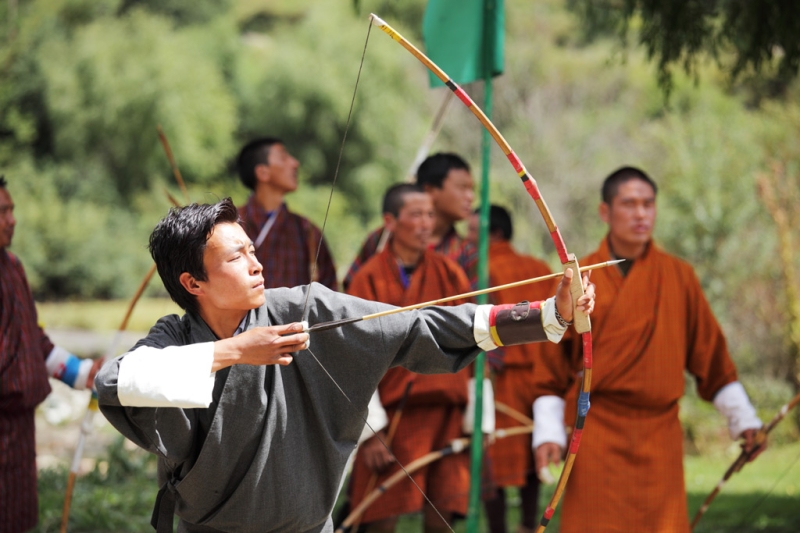
The most popular sport in the country is also inextricably linked with the past – archery. In ancient times, hunters obtained food for themselves and their families in this way, so every man knew how to use a bow and arrow. Nowadays in Bhutan they shoot only at special targets, but they do it with the same skill and passion.
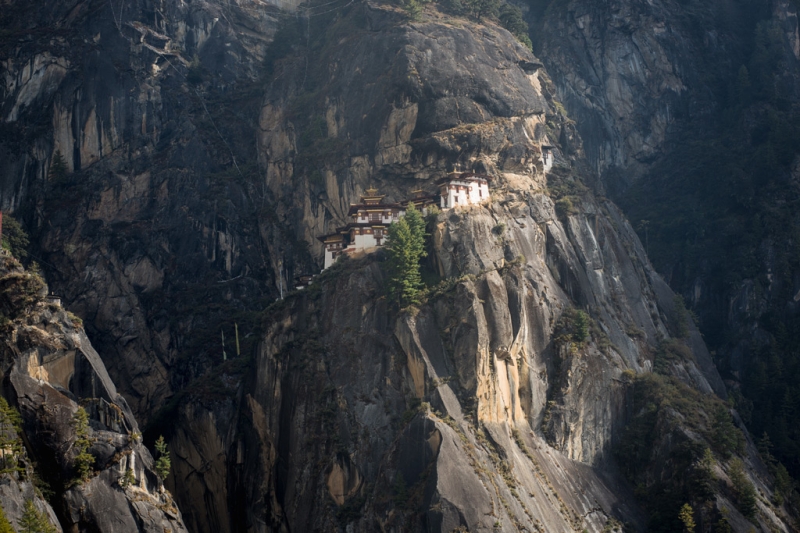
Naturally, the most ancient and interesting part of Bhutan is located away from the cities. Numerous Buddhist monasteries and temple complexes are hidden in the mountains. The most famous monastery is called the Tiger’s Nest, it is located on a ledge carved into the rock, and its territory offers a dizzying view of the surrounding valleys and mountains, including the highest peak of Bhutan – Jomolhari. To get to the Tiger’s Nest, tourists will have to work hard – the hike to an altitude of almost a kilometer will take several hours. Along the way, you will repeatedly wonder how the ancient monks brought the materials to the top to build the temple. But once you get up, you will understand why they did it: the view that opens up was worth all the work.
Butane of the future
The traditional way of life creates the illusion that the kingdom of Bhutan has hardly changed since ancient times. At the same time, state laws protecting this very way of life will seem utopian to most Europeans. The main thing that distinguishes Bhutan from all other countries in the world is that the standard of living in the country is measured not by GDP, but by such an indicator as “Gross National Happiness”. According to the constitution, the government’s primary task is to make every citizen happy, which is why the country has a special Commission for General People’s Happiness. Her job is to regularly conduct sociological surveys and assess satisfaction with the standard of living of the population. The government, in turn, when making decisions regarding the economic development of the country, is guided, among other things, by the data received.
There is not a single homeless citizen in Bhutan. If a person does not have land, he approaches the king and is given a plot of land sufficient to build a house and grow rice. The taxation system is also quite flexible – if you earn little, the state allows you not to pay taxes.
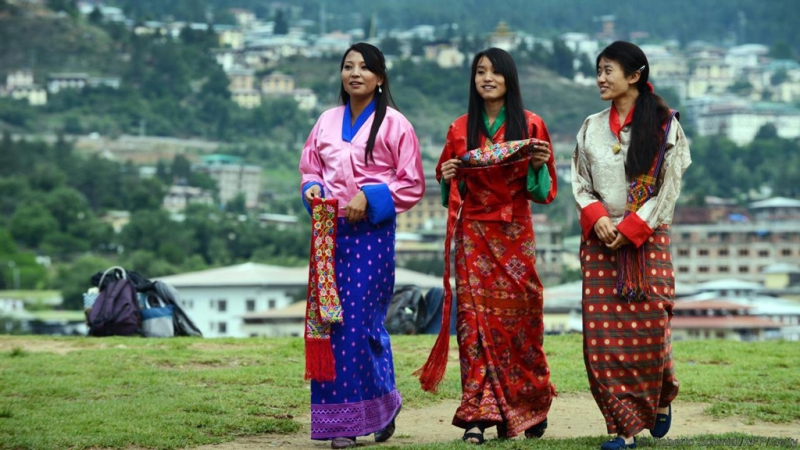
While environmentalists around the world are sounding the alarm about deforestation, in Bhutan the forest is protected by the state; by law it must occupy at least 60% of the territory. You can’t kill animals either, no one at all. Bhutanese extremely rarely eat meat, and all of it is imported from India. But the country has a very developed agriculture, and an environmentally friendly one at that – the import of any chemical fertilizers is strictly prohibited.
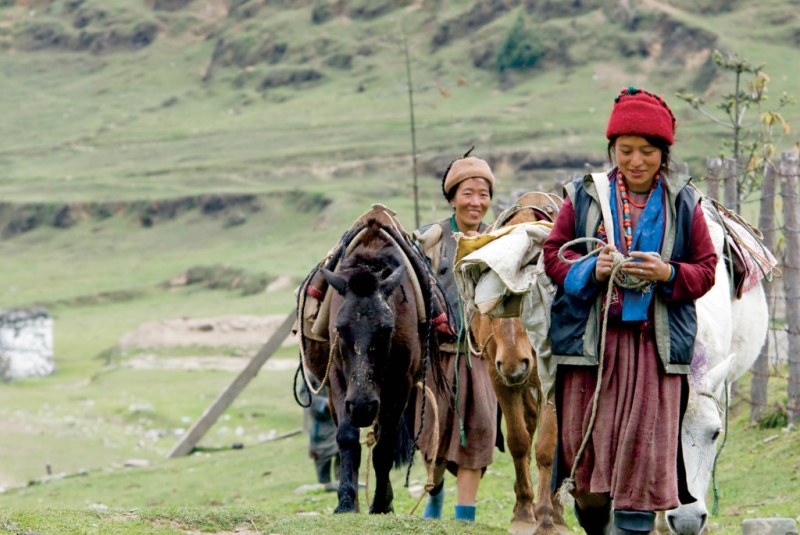
The inhabitants of Bhutan are distinguished by excellent health: both the clean mountain air and physical labor have an effect. Bhutanese walk a lot and enjoy walking; there is little personal and public transport in the country: for 700,000 people there are approximately 25,000 vehicles. Smoking is also prohibited, and the import of cigarettes by tourists is strictly regulated. All garbage is transported from Bhutan to India for recycling, so there are no landfills in the kingdom.
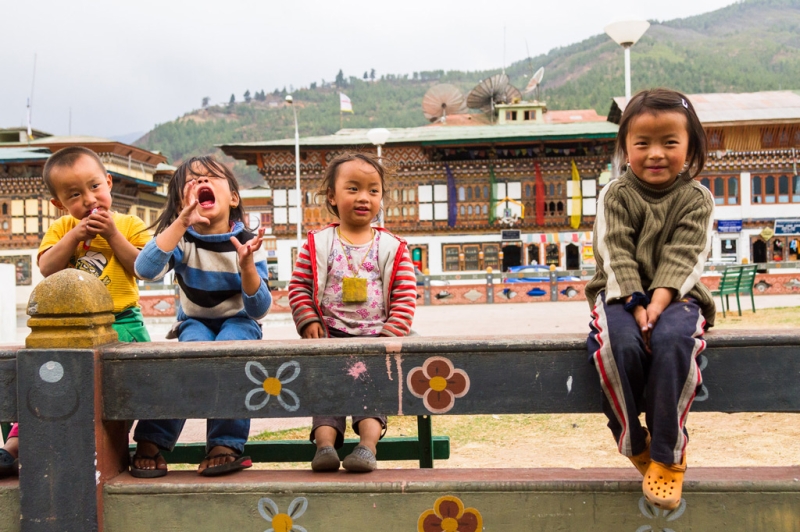
In Bhutan’s schools, children are taught the sciences and humanities, as well as traditional cultural values. The main lesson that Bhutanese people learn from childhood is that money is not the main thing, and this is probably the secret of their happiness. And although traveling to Bhutan cannot be called an inexpensive pleasure, getting to know this amazing country, its laws, customs and philosophy, may make you change your outlook on life, so in the end you will gain much more than you spend.
With OneTwoTrip you can now feel like a wizard and make someone’s old dream come true by giving a gift certificate for a trip.
You may be interested in:
Why you should go on a solo trip
6 ways to help your body cope with jet lag
